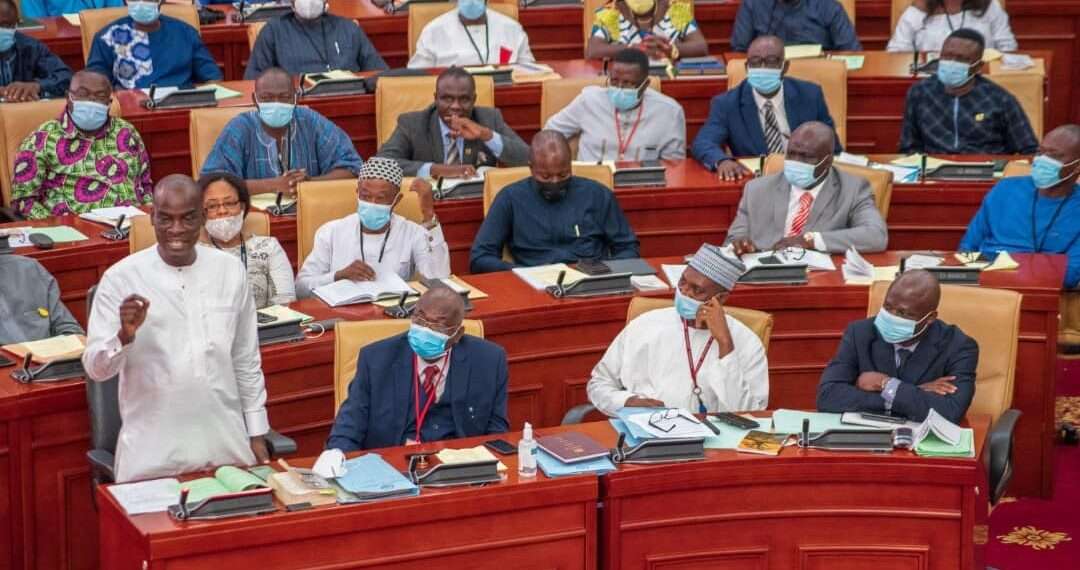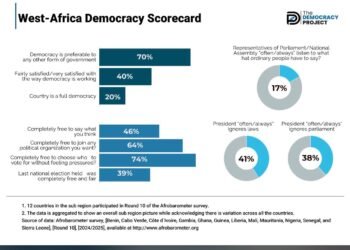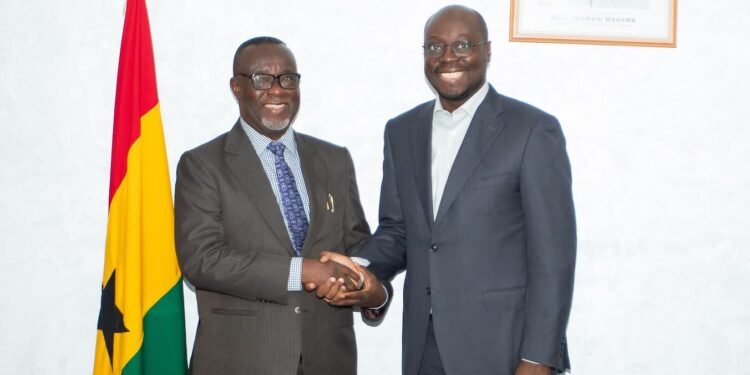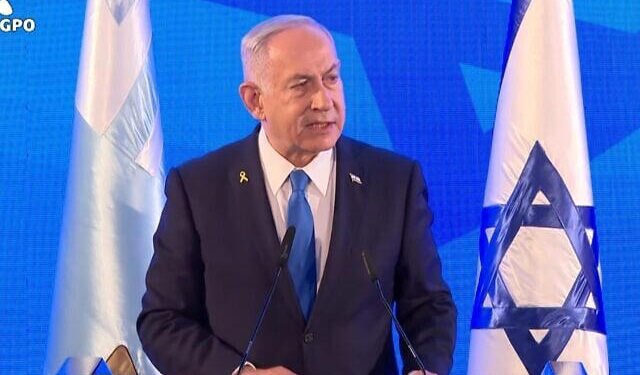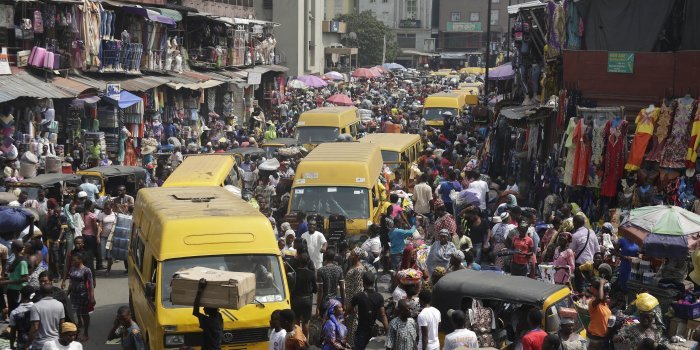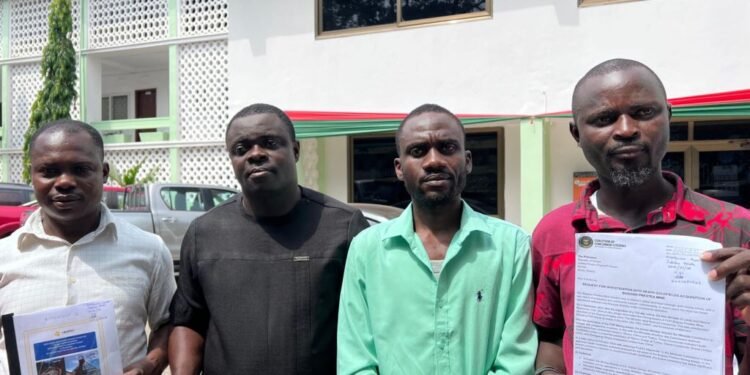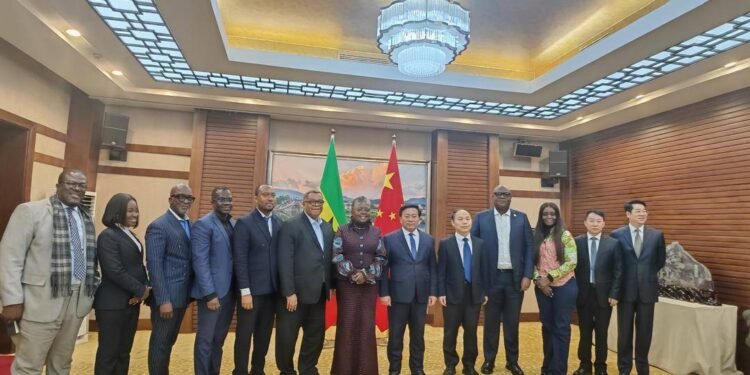In recent years, Ghana’s financial management has faced mounting criticism, with sole-sourcing contracts emerging as a key driver of the country’s deepening fiscal challenges.
According to the Public Accounts Committee (PAC) of Parliament, audits by the Auditor General revealed that single contractors are awarded contracts without competitive bidding in huge amounts every year which has become a pervasive practice in Ghana’s public sector.
While intended to facilitate efficiency and speed, sole sourcing has instead led to a myriad of financial problems, including corruption, lack of transparency, inefficient use of public funds, and lack of value for money among others.
Accordingly, corruption is a significant consequence of sole-sourcing, as the lack of competitive bidding creates an environment ripe for cronyism and kickbacks.
As such, the ruling government faces corruption allegations from the opposition NDC, who argue that sole-sourcing contracts to party loyalists at inflated prices have wasted public funds, which could have been saved through competitive bidding.
Additionally, the opaque nature of the procurement process makes it challenging to track the flow of public funds, further exacerbating the problem.
Moreover, the lack of value for money is a significant issue, as the absence of competitive bidding means that the government may not be getting the best possible deal.
Recently, the Minority Caucus in Parliament demanded a parliamentary investigation into a controversial $200 million contract awarded to Intesoll Engineering, a subsea engineering company, for subsea services on behalf of Jubilee Oil Partners.
The Minority alleges that Intesoll Engineering was handed a lucrative contract without undergoing competitive bidding, to provide subsea engineering services for the Go Supporter subsea vessel, raising concerns about transparency and fairness in the awarding process.
As such, Hon. John Jinapor, the Ranking Member on the Energy and Mines Committee, voiced strong reservations about the contract, questioning its legitimacy and value for money, and is calling for a thorough parliamentary inquiry to investigate the matter and ensure that the public interest is served.
“We want to investigate the actual true value of the contract. We also want to investigate the value-for-money issues. We want to investigate the technical and financial competence of Intesoll. The previous contract was in a joint partnership with Sapura, and we all know the capacity of Sapura, an international company”.
Hon. John Jinapor
Sole Sourcing Wastes Public Funds
Furthermore, the inefficient use of public funds is another outcome, as contracts are often awarded at inflated prices, depriving the government of much-needed resources.
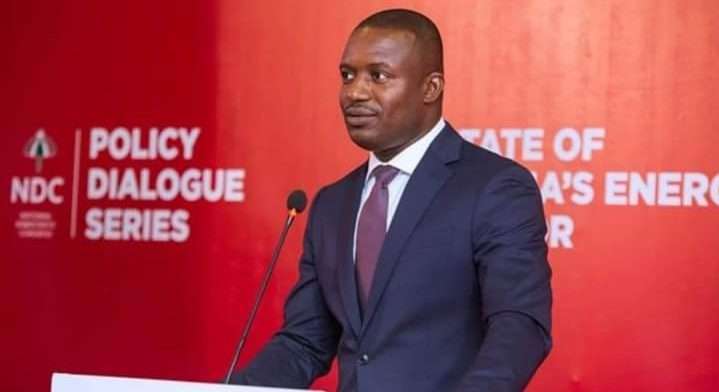
Accordingly, the dependence on a single supplier is also a concern, as the government becomes vulnerable to supply chain disruptions and price fluctuations.
Moreover, political capitalization is a pernicious effect, as sole-sourcing contracts are often awarded to political affiliates or cronies, perpetuating a culture of patronage and nepotism.
As such, questions surround the transparency of the contracts awarded, and whether the contractors, who have clear political affiliations, will be truly accountable to the government and the public, or if cronyism will undermine public trust and oversight.
Accordingly, the Minority demanded a clear explanation as to why the contract was awarded through sole sourcing instead of competitive bidding, which would have ensured transparency and fairness in the process.
Furthermore, the Minority demanded access to the technical reports and all minutes pertaining to the contract awards, to conduct a comprehensive review and shed light on any possible wrongdoing or procedural flaws.
“Finally, why five years? Because this is a time when the contracts are very, very high. And in finance, when financing and contracts are very high, you do not sign for such long periods. We would investigate this matter thoroughly, fully and all the agencies and stakeholders will be invited. GNPC will be invited, Petroleum Commission, Ministry of Energy, Tullow, the technical operator, and all those who matter”.
Hon. John Jinapor
Sole sourcing has had a devastating impact on Ghana’s finances, perpetuating a lack of transparency, competition, and value for money, which in turn has stifled economic growth and hindered the government’s ability to invest in vital infrastructure and essential public services, thereby undermining the country’s overall development.
To address these challenges, it is essential to promote competitive bidding, increase transparency, and ensure value for money in public procurement.
READ ALSO: GSE Catalyzes Growth in Commercial Paper Market: A New Era for Short-Term Debt Instruments

